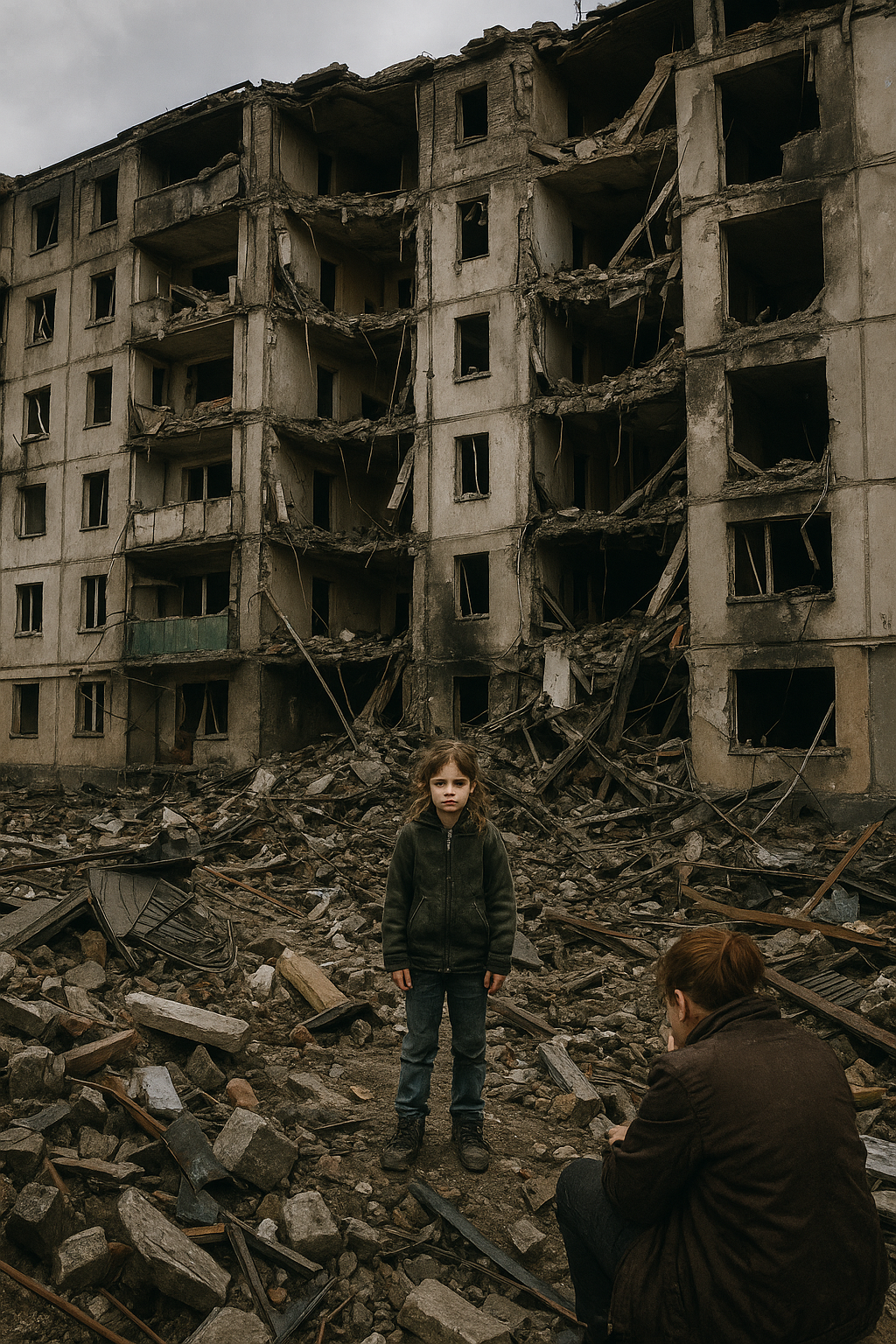UNESCO Warns of Sharp Rise in Attacks on Schools Amid Global Conflicts
“Protecting schools is not optional—it is an obligation under international humanitarian law,” UNESCO stated, urging governments and armed groups alike to end impunity for attacks on education.

On the International Day to Protect Education from Attack (9 September 2025), UNESCO has issued a stark warning about the escalating threat to education in conflict zones, highlighting a 44 percent increase in attacks on schools in 2024. The organization expressed deep concern over the worsening situation, which is endangering the rights, safety, and future of millions of children.
Education Under Fire
Globally, 85 million children in crisis situations are currently out of school. In armed conflict zones, schools—protected under international humanitarian law—have increasingly become targets of violence or repurposed for military use, undermining their role as safe havens for learning.
According to the latest United Nations report on children and armed conflict, 2024 saw 41,370 serious violations against children, the highest number recorded in 30 years. Among these, attacks on schools stood out: 1,265 educational facilities were targeted, marking a dramatic surge compared to 2023.
UNESCO noted that such attacks not only destroy physical infrastructure but also traumatize students and teachers, disrupt education for entire generations, and weaken community resilience in already fragile settings.
Regional Hotspots of Concern
While attacks on education are a global phenomenon, UNESCO flagged particular concern in countries facing prolonged or intense armed conflict, including:
-
Ukraine, where schools continue to be shelled and occupied.
-
Gaza and the wider Middle East, where education infrastructure has been devastated by conflict.
-
Myanmar, where military use of schools is rising.
-
Haiti, where gang violence has targeted classrooms.
-
Afghanistan, where girls face additional barriers due to restrictive policies on education.
The use of schools for military purposes—in violation of international law—is becoming increasingly common in these regions, exacerbating the risks faced by students and teachers.
UNESCO’s Response and Support
In response to the alarming surge, UNESCO has stepped up its global engagement to safeguard education in emergencies. Currently, the organization is working in 31 crisis-affected countries, providing:
-
Concrete educational solutions to maintain access to learning.
-
Material and psychosocial support to tens of thousands of students and teachers in Afghanistan, Gaza, Sudan, Syria, and Ukraine.
-
Alternative learning opportunities, including digital and community-based education programs where schools are inaccessible.
UNESCO is also developing a new action plan to help Member States build resilient education systems and expand access to non-traditional forms of learning during crises, ensuring continuity even under the most challenging circumstances.
Upholding International Law
While humanitarian interventions are critical, UNESCO emphasized that nothing can replace states’ legal obligation to protect education. It reiterated calls for all parties to conflict to respect:
-
UN Security Council Resolution 2601 (2021), the first resolution dedicated specifically to protecting education in armed conflict.
-
The Safe Schools Declaration (2015), an international political commitment endorsed by more than 100 states to protect students, teachers, and schools during armed conflict.
“Protecting schools is not optional—it is an obligation under international humanitarian law,” UNESCO stated, urging governments and armed groups alike to end impunity for attacks on education.
The Cost of Inaction
Attacks on schools represent more than physical destruction—they rob children of their right to learn, grow, and thrive. Denying education not only deepens cycles of poverty and instability but also undermines prospects for peace, recovery, and sustainable development.
On this International Day, UNESCO called for a renewed global commitment to defend education as a fundamental human right and cornerstone of peace, stressing that protecting schools means protecting the future of entire generations.
ALSO READ
EU Sanctions: Targeting Chinese Refineries Over Ukraine Conflict
EU commission president seeks sanctions, partial trade suspension against Israel over war in Gaza
Russia Claims Successful Drone Strikes on Ukraine
Russian Strikes Target Ukraine's Military Complex
EU Takes a Stand: Proposed Sanctions on Israel Amid Gaza Conflict










